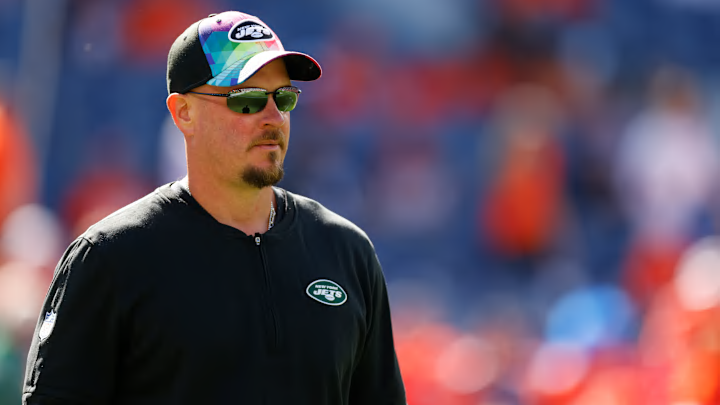3. First-half defense
It’s almost unfathomable how good the Jets' defense has been in the second half of games this season. Here are their total points allowed in second halves by game this year: 3, 12 (all from four offensive turnovers against Dallas), 3, 6, 7, 0. That’s just five points per game in the second half.
The downside to that is, of course, the slow starts the defense gets off, too. In the first half of games, the Jets have surrendered 13, 18, 12, 17, 14, 14. That’s almost 15 points per game in the first half.
As a result, the Jets have trailed at half-time in all six games they have played so far.
Luckily, the slow starts haven’t derailed the team so far this year. However, it is unreasonable to assume that the Jets can continue to make these second-half comebacks and hold teams to just a field goal in the second half.
The problem from a football perspective is that defensive coordinator Jeff Ulbrich plays the same style of defense throughout the game. His system and plan are predictable as he uses “base” sets almost the entire game and very rarely makes early adjustments.
Opponents game plan for this basic early defensive plan and script 15-20 successful plays to run at the start. Those drives often result in scores and make the defense look weak.
However, once the defense makes its halftime adjustments and once the offense must rely on unscripted plays, the results always change. The NY Jets completely shut opponents down late in games, dialed up the pressure, and created turnovers.
Moving forward, the defense must bring that juice early to create stops and turnovers at the start and allow the offense to play with a lead. Additionally, with how talented the defense is, playing with a lead will allow them to get after the quarterback even more and play to their strengths of coverage, turnovers, and sacks.
